There are few things I want to do less than give this tribute to my father. The unflinching approach to reality he imparted had left me noticing his aging, and I was preparing to adapt, over time…. But my father never gave someone a challenge he thought them incapable of meeting.
All the wonderful things being shared about my father obviously come as no surprise to me, and I had so hoped to spend the next few years, hearing those things with him, but knowing how uncomfortable it would have made him to hear so much praise, as his own ability to act diminished, I have to appreciate that, as hard as this is on the rest of us, it was an ending with which he would have been satisfied.
I had hoped to spend the next years supporting him, as he always has supported me- my father has been at anything I asked him to be at, and volunteered for things I didn’t intend to subject him to… And The outpouring of remembrances from my friends, has reminded me, of how important it was to him, to know the people important to me. I was touched by the photos my parents saved, not only of me, but of Niki, Jeremy, Erica, Jason, Abe, and so many others. Many of my students and colleagues had stories, as they’ve driven out to Cal Poly Pomona for multiple events, marched with my students for a sustainable future, and for the rights of immigrants, and were happy to attend CPP sponsored Dodger games. Despite his years of public speaking at high-stakes events, family members have reminded me of how the event for which he showed some concern for his performance, was when called upon to officiate my wedding. He saw that a high stakes event. I think Navid would have stayed even with a minor error…. And the depth of his loss, is a testament to my father’s ability to welcome people into his family- completely. When you’re in, you’re in… That’s the for better or worse. And with my father, it was almost all better.
My father didn’t know how to be unproductive, and he will have posthumous work published (not a hint to his co-authors, or a comment on the reviewers- #2 I’m looking at you…), but the idea of slowing down, of doing less, of relaxing, was not at all appealing to him. Nor had it ever been.
Even now as he prepared to “retire” for the fourth time(?), he was finally finding the time to research our family history, finding a master’s thesis on one relative, connecting with ethnomusicologists while researching a family melody… he was organizing photos and records, and of course, gardening.
I’m not sure I ever remember my father reading a novel, though the books he gave me to read, were always meaningful. A Tree Grows in Brooklyn, The Yearling, Black Boy…. Ya know light childhood reading. He never binged anything on Netflix. But he wasn’t quite as out of touch with popular culture as we used to joke. I remember him telling me these films will change how movies are made, when he took me to 2001, and Star Wars.
To vacation with my father was not per se relaxing, but it was always educational. Weren’t there museums to see, history to be learned, culture to be appreciated? I can’t imagine a trip to a beach resort without a sustainability tour. And I have been to an embarrassing number of train museums. From the family albums, apparently my mother married him despite the train museums.
My father had a quintessentially east coast Jewish sense of humor. Political, ironic, dark, but never mean. He had a good chuckle when he learned the Jewish space laser conspiracy centered on high-speed rail, and we certainly have exchanged our share of dark political humor over the years. But he also would go long game on humor, in a way I don’t think most knew…. When my brother was roughly 8- around 1982 (fine I checked the year online), he saw the old chalice comedy skit redone by HBO as a short, and thought it was hysterical, so in typical 8-year-old fashion (and I have an eight-year-old with my brother’s smile), he made a few too many jokes about the chalice, begging my father to re-enact the skit for him. My father, good-naturedly threatened to do that as the toast at my brother’s wedding, if he didn’t stop…. Over the years, once in a while he would bring that up… Fast forward to 2004- Steve and Shirley’s wedding. My father gets up to give a toast, and he opens with the exact same, largely innocuous lines of the skit…. The look on my brother’s face was priceless. Of course, my father proceeded with a lovely toast, And I know only four people there got the joke… but it was epic.
My father did love baseball. Growing up in New York in the 40s and 50s, he and his Uncle Harold’s favorite escape was in the rooting for the underdog Brooklyn Dodgers. And many of you who may have attended games could have mistaken him for teetotal, as he almost never enjoyed a beer at a game. Why? Because once, during a restroom break- he missed a triple play. Fortunately, he stayed in his seat in 1988 for Gibson’s home run, and As a Brooklyn Dodger fan, he saw most of the greats play live, including Jackie Robinson. He also took me to some pretty amazing baseball games, and thanks to his busy travel schedule, I was frequently the lucky recipient of tickets, even when he couldn’t attend. My first Dodger Game went into extra innings, and the Dodgers won on a hit by Steve Garvey. Since we never leave early, we were at the game where the Dodgers hit four home runs in the ninth, though we also suffered through a game where they blew a 13 run lead…. I was at Orel Herscheiser’s first start as a Dodger at Shea with the somewhat traitorous but still beloved Uncle Harold who had defected to Mets fandom…. We’ve seen more than one win by pitchers like Valenzuela, and Kershaw… And I got 18 innings of world series baseball- in one game. No, I did not leave early. And I rode my bike.
Despite his impressive personal achievements, he told me, more than once, that the real influence he had and what he was most proud of, -were the people he had the privilege of working with, educating and developing. He told me, “Not very many people read academic papers, but the influence we have, is in not only the scholars we train, but the many students who don’t become scholars, but go into the world, carrying what we teach them, the messages, values, ideas, and ways of thinking that we impart.” He saw himself fundamentally as an educator, and that approach, allowed him to remain true to himself, his ideals, and his values. Because what he valued most -were people. And being an educator wasn’t a one-way street. He valued what students brought and he integrated it into his thinking and as a result he never stopped growing- challenging his own thinking. That this was the real value of being an educator, the opportunity to expand people’s minds, and in turn, have your own expanded. Recently I had the wonderful privilege of two of my own former students returning to guest lecture for our annual professor for a day campus event. I had them speak about research, about data. And they blew me away. They had this deeply compassionate, humane view of policy, of research, of data. I was shocked at how much of my father’s voice was in their words. When they ended with, and this is what you taught us Dr. Wachs…. It wanted to tell them it wasn’t really me. I was just passing on what I had lived.
One of my friends jokes that when you bring sociology (and my father was undecided between sociology and civil planning) to other disciplines, everyone thinks your brilliant, but one is just asking for people-centered, critically evaluated, long-term planning. And that was effectively the mantra of my life. My father imparted that fundamentally research is about people, and people’s lives. My father lived his life never forgetting that every equation, every budgetary decision, every funding priority, wasn’t a number on the page, it was people’s lives. And those lives were precious, valuable, worthy things. For my father, every person mattered and should be treated with dignity and respect.
And seeing the many wonderful students he taught, and the people they have become, and who my brother is, and who we chose to marry (Shirley and Navid), and who Leia and Ziya are, he will never be gone, and the world is better because he was in it.
I think the many tributes and accolades that continue to pour in would have overwhelmed my father. He was a practical person at his core. But that’s not his legacy. The legacy he leaves is a cadre of people committed to social justice and equity, and human-centered policy. And I am confident that the scholars, practitioners, and activists, he mentored can and will achieve this. And that will be his legacy.
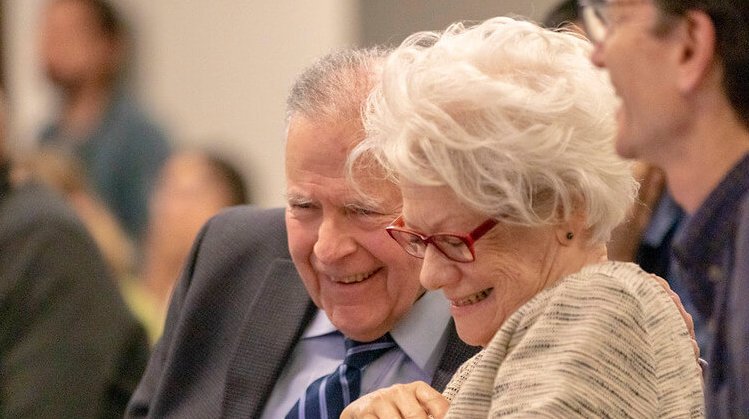
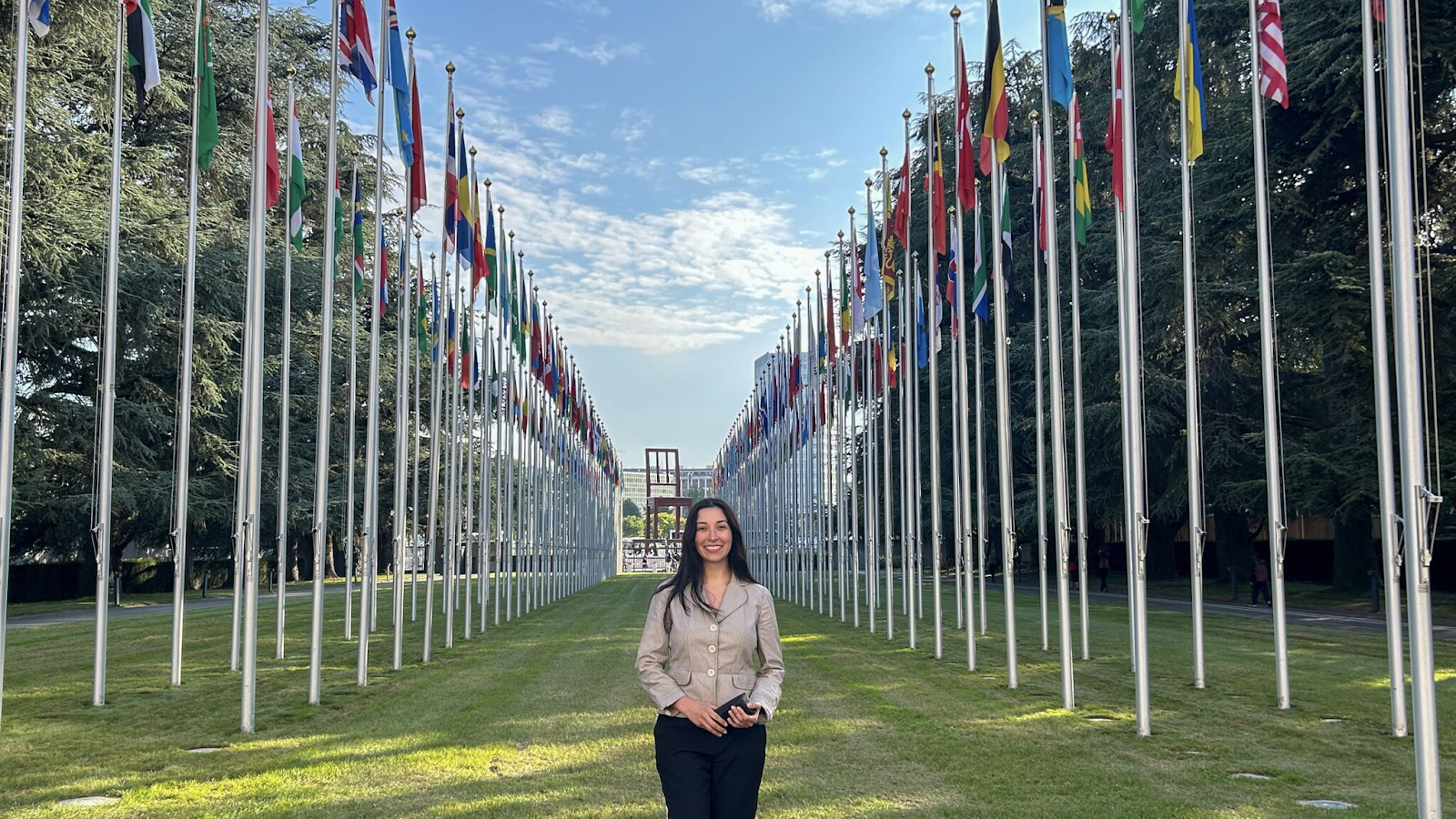
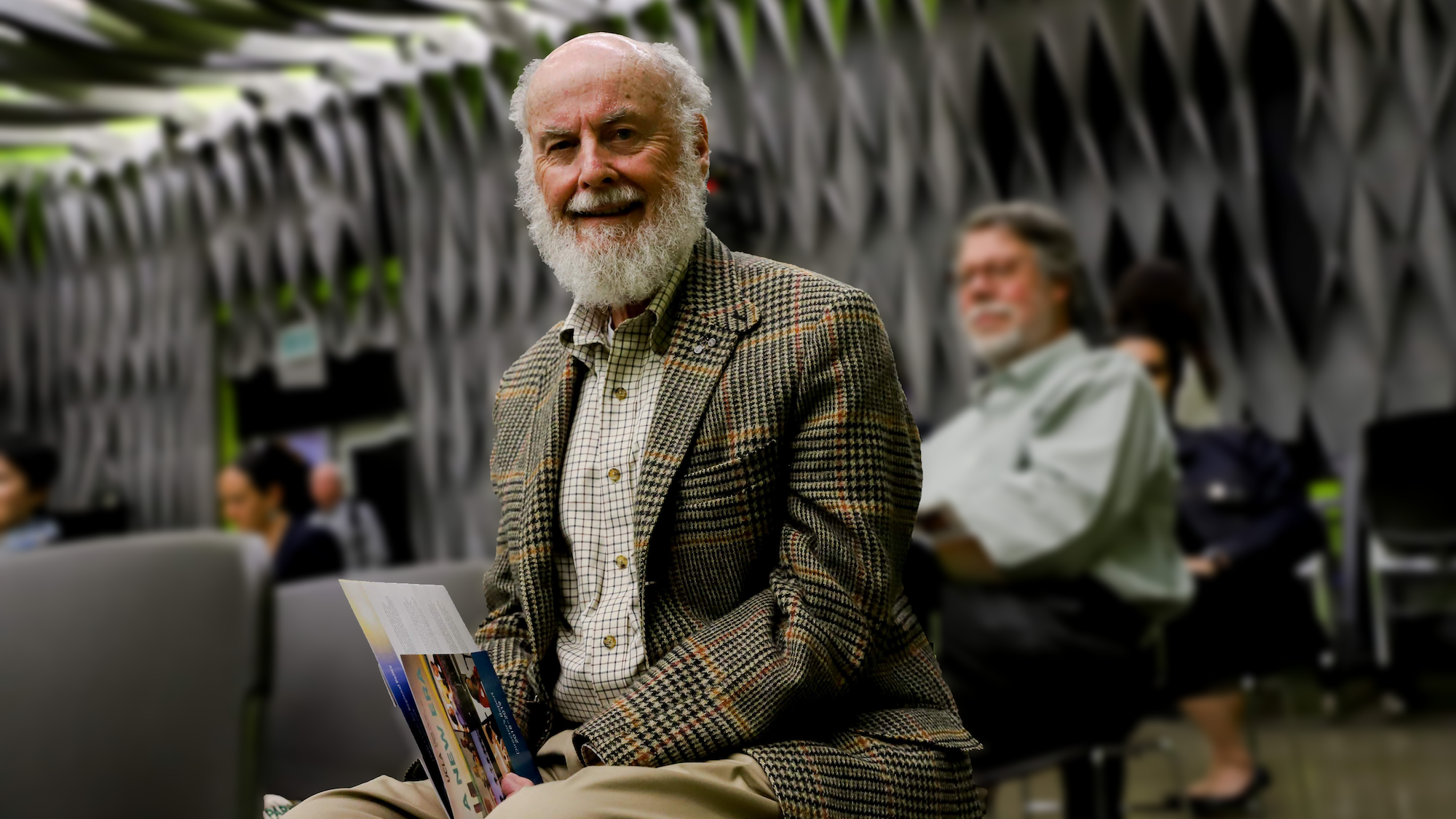



















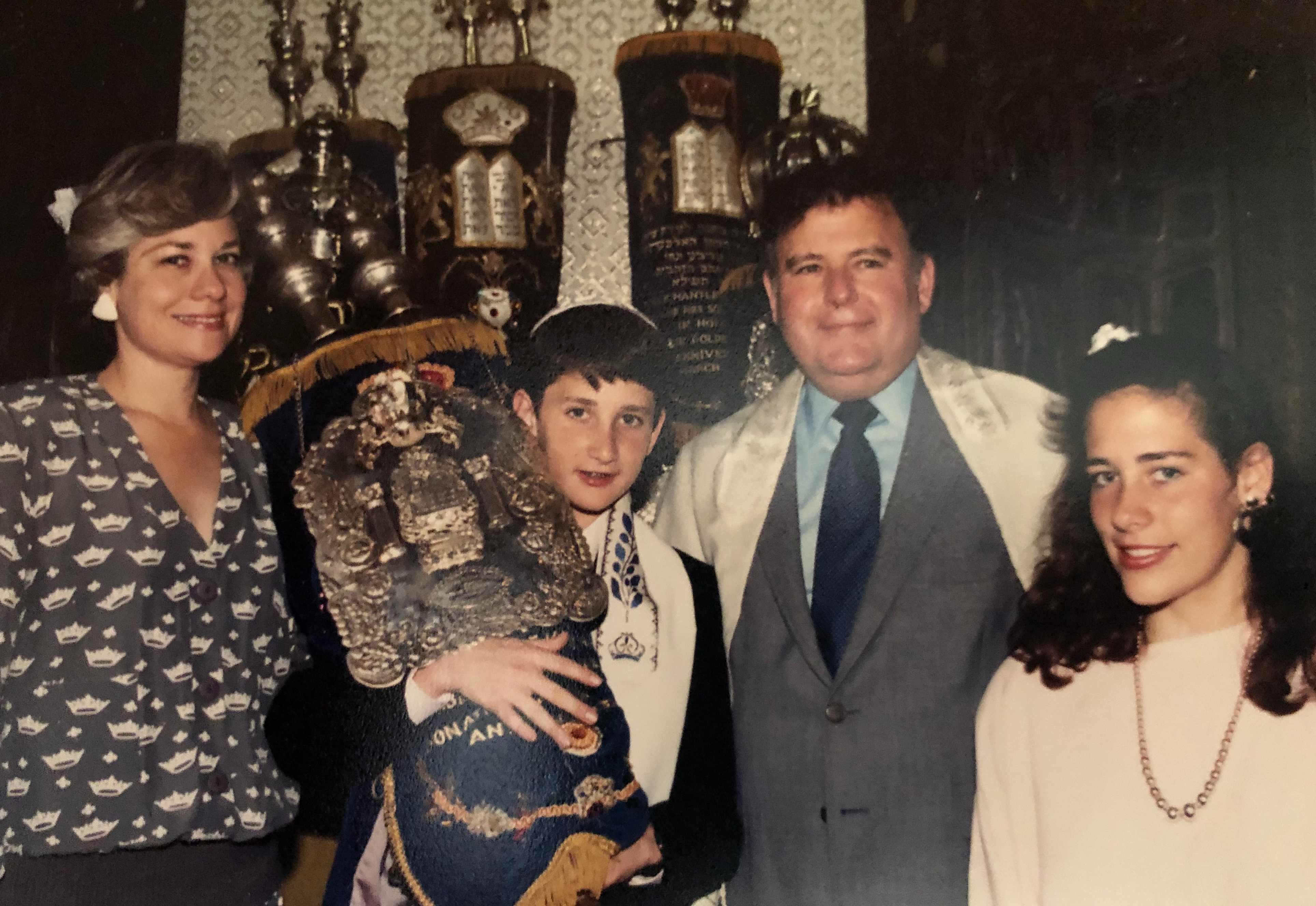





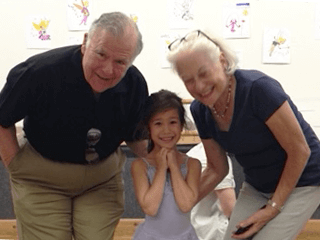
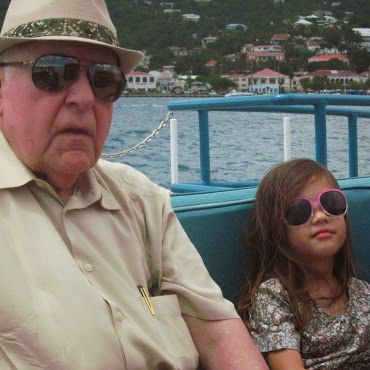
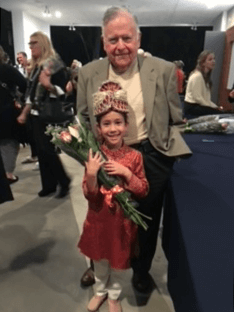
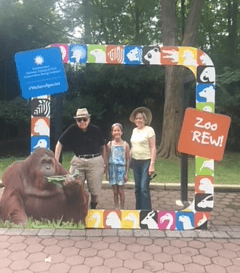

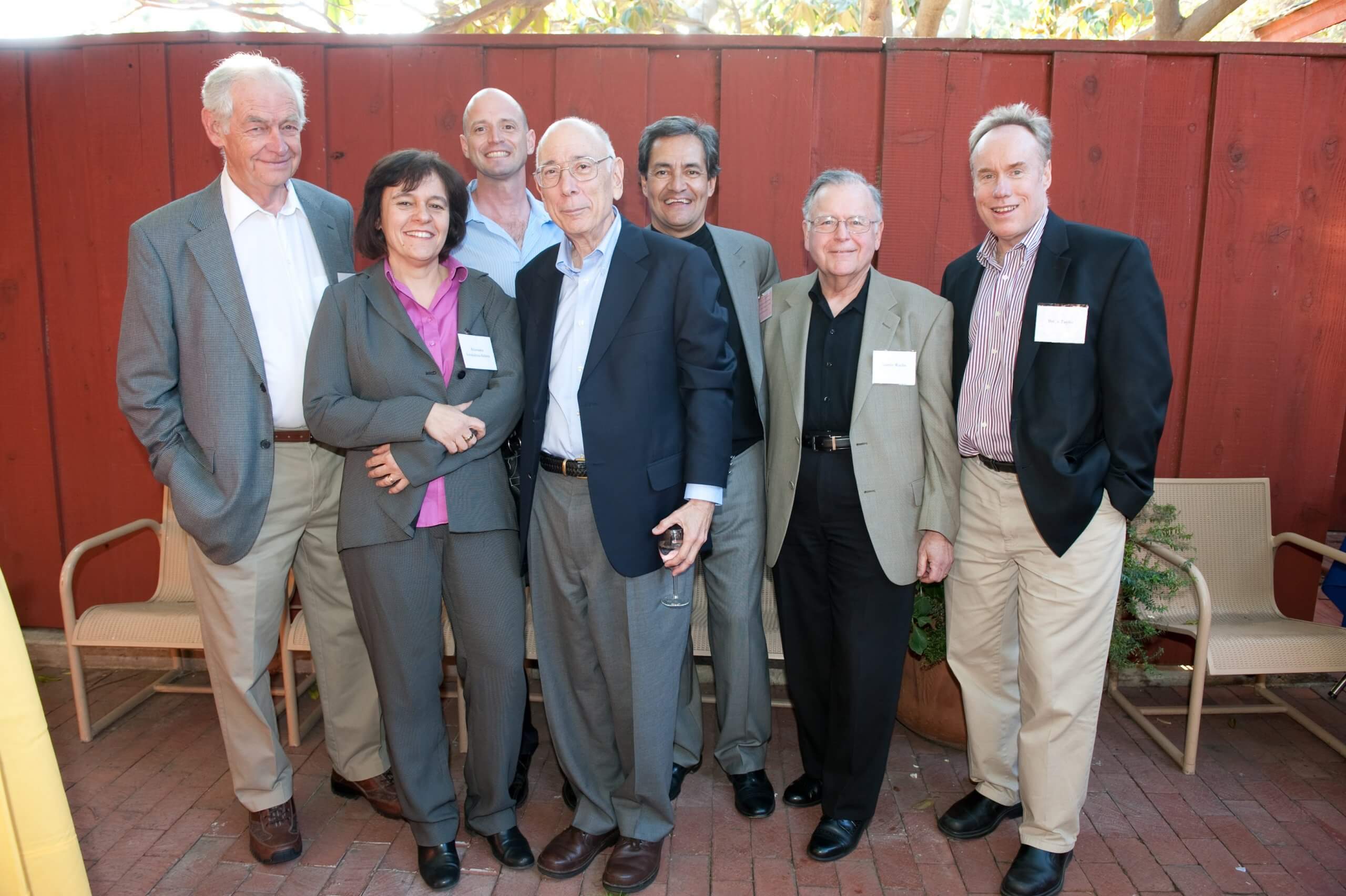
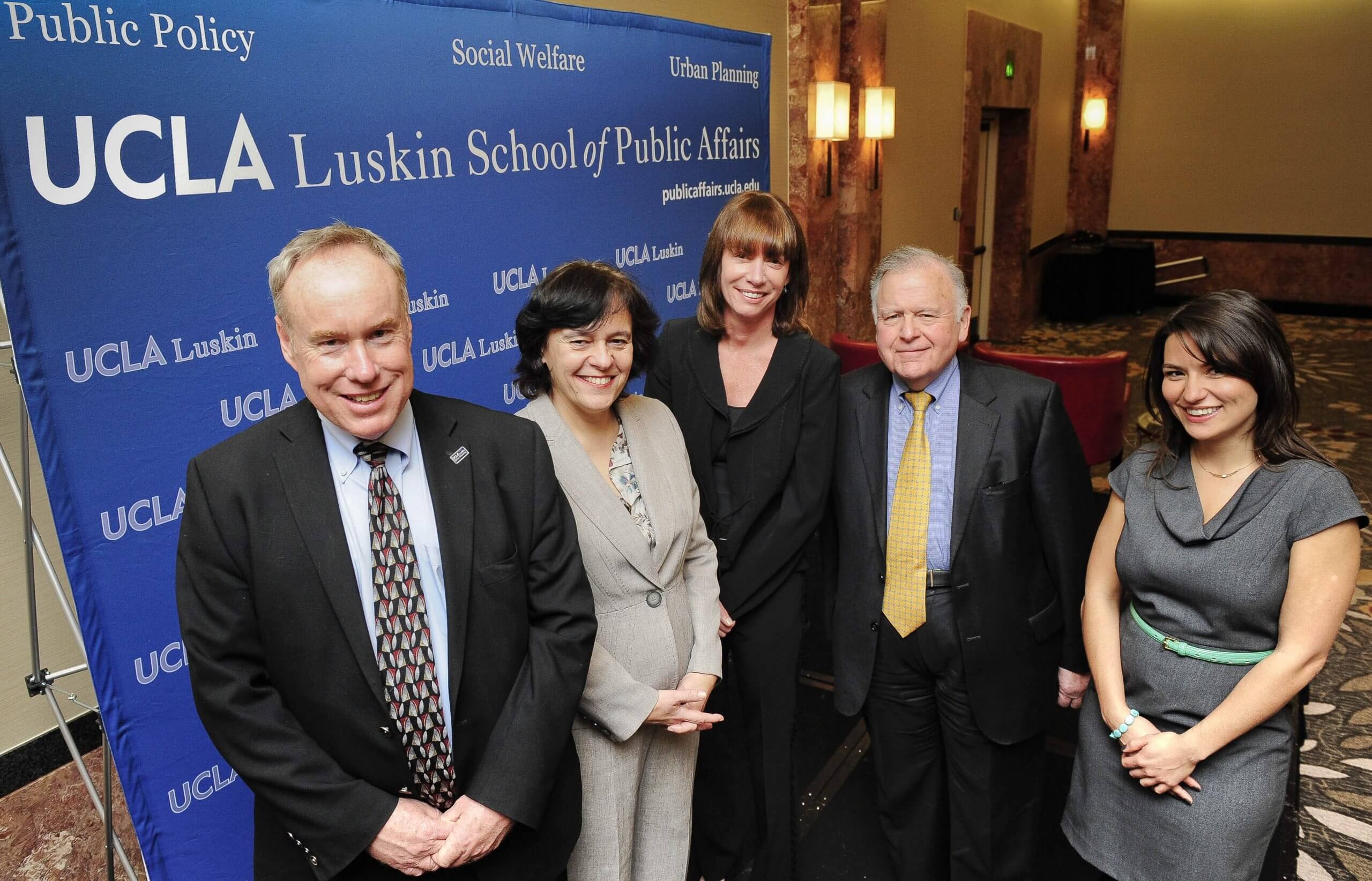

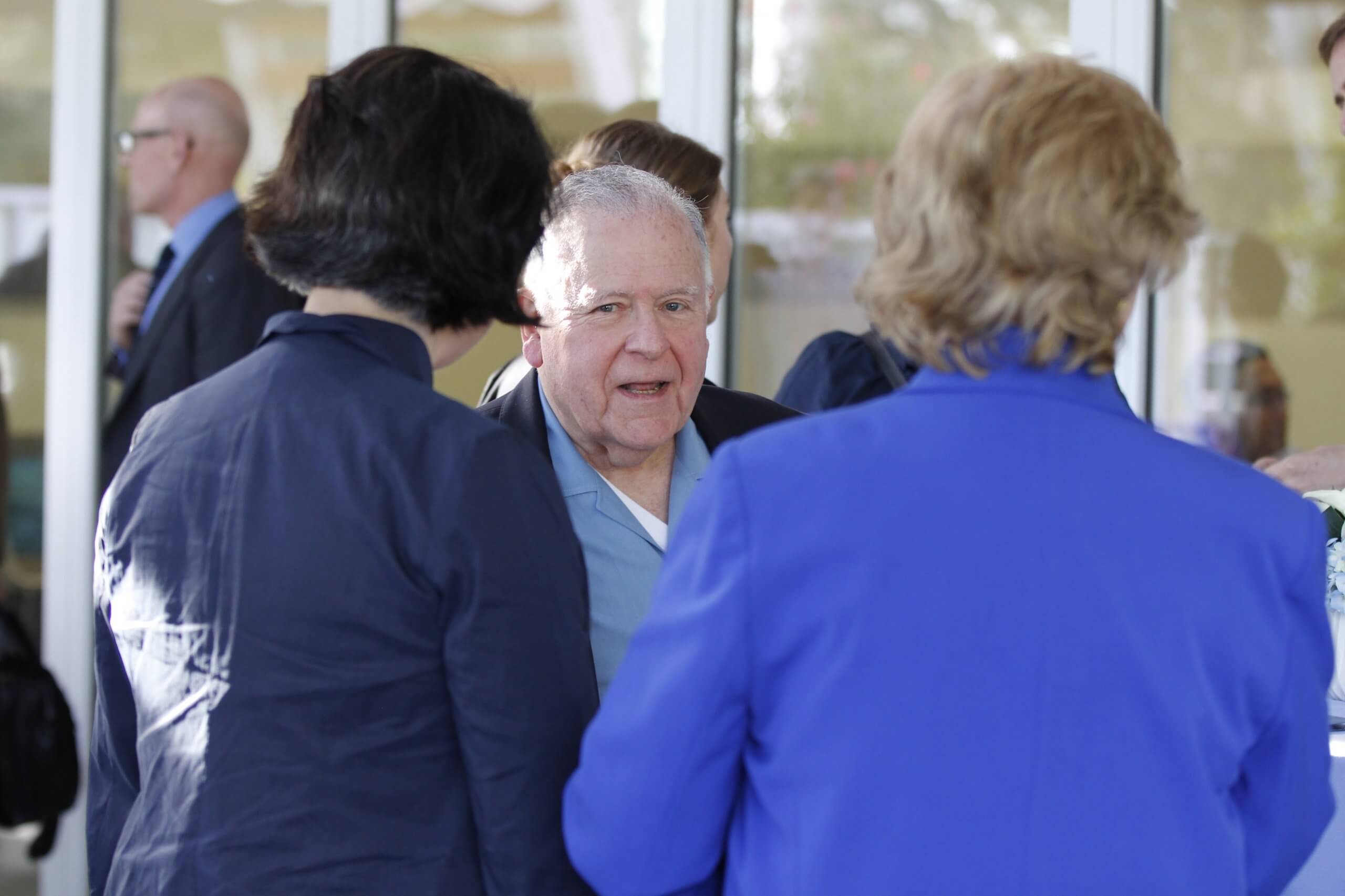
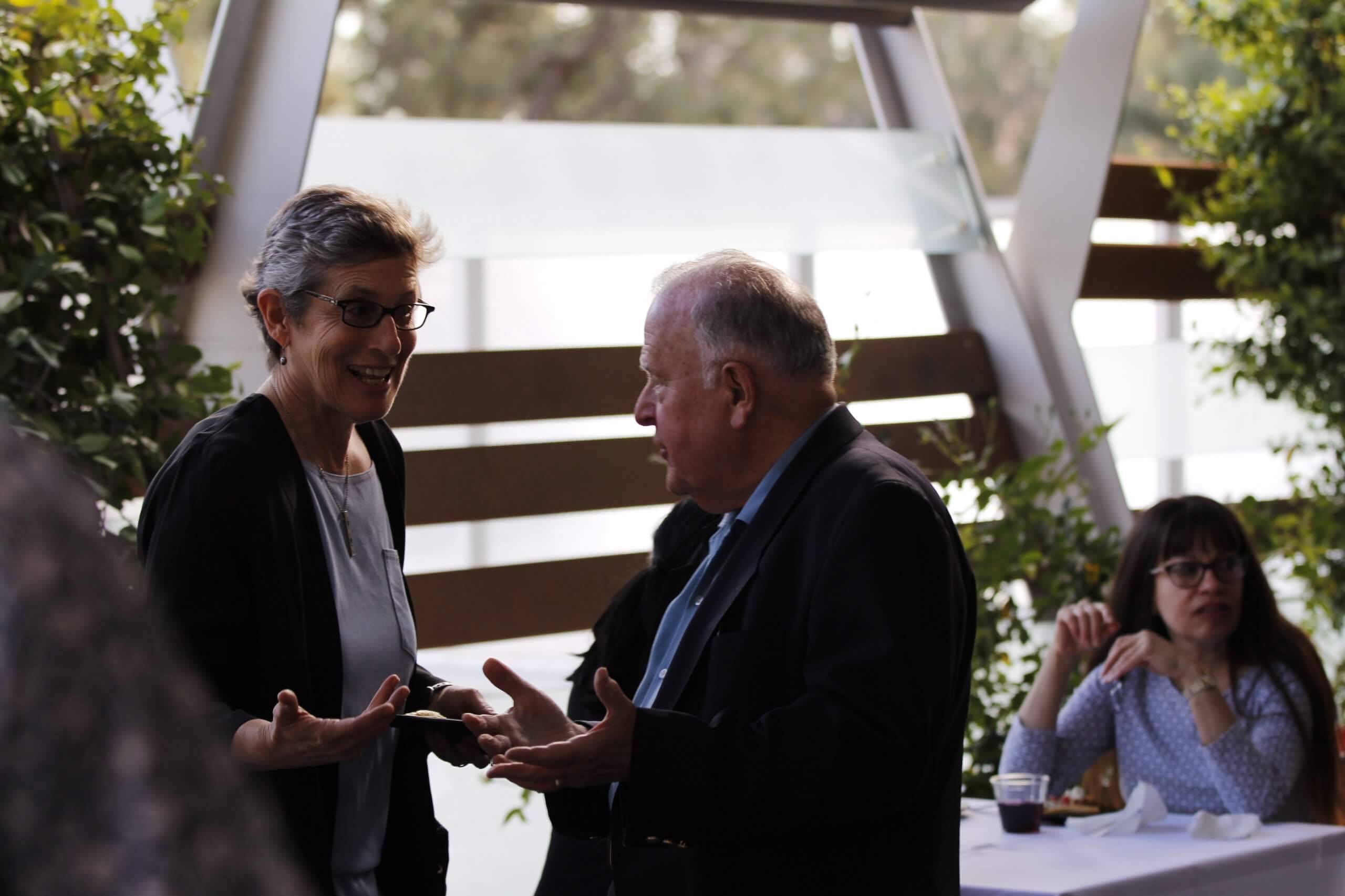
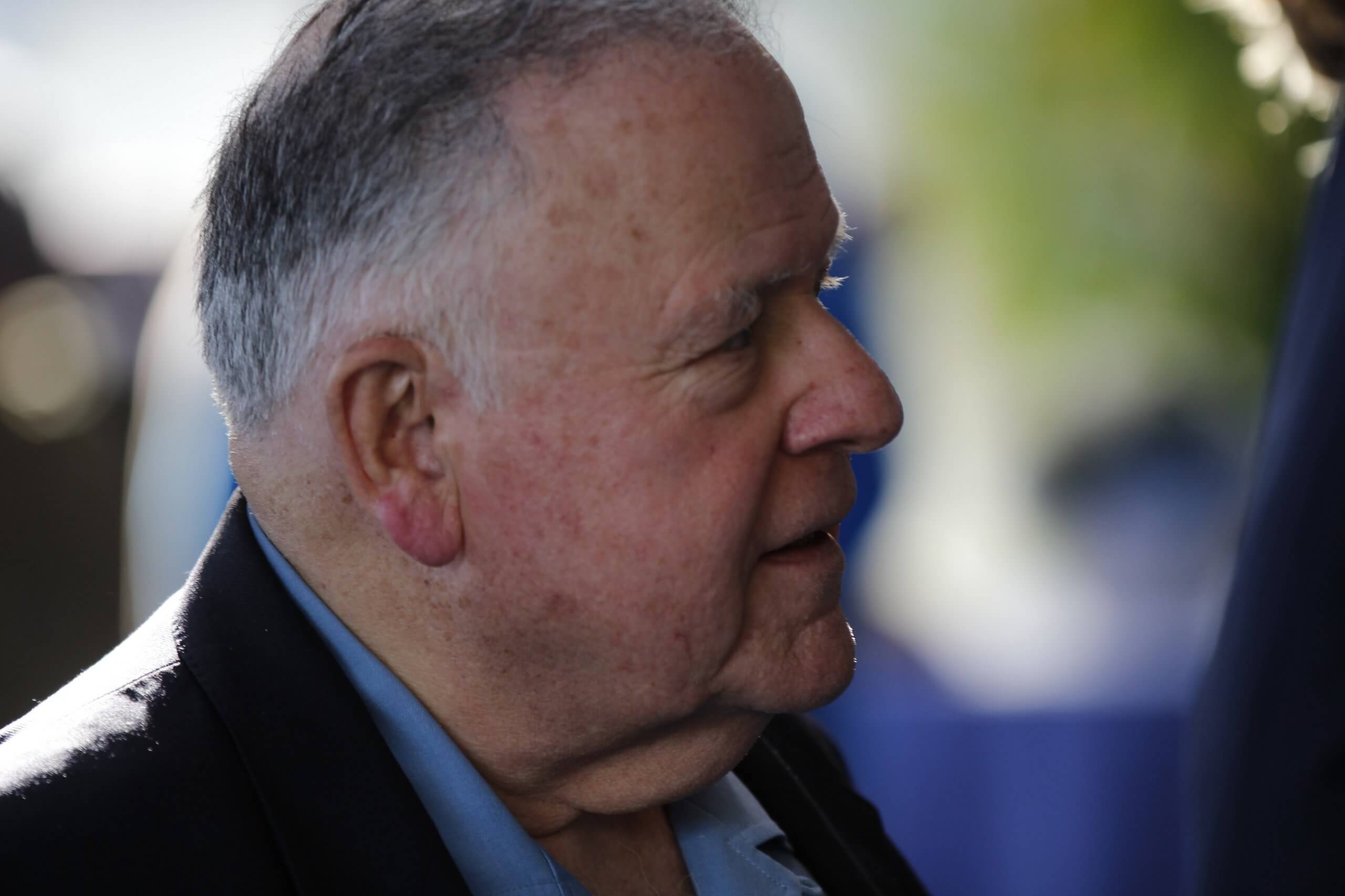
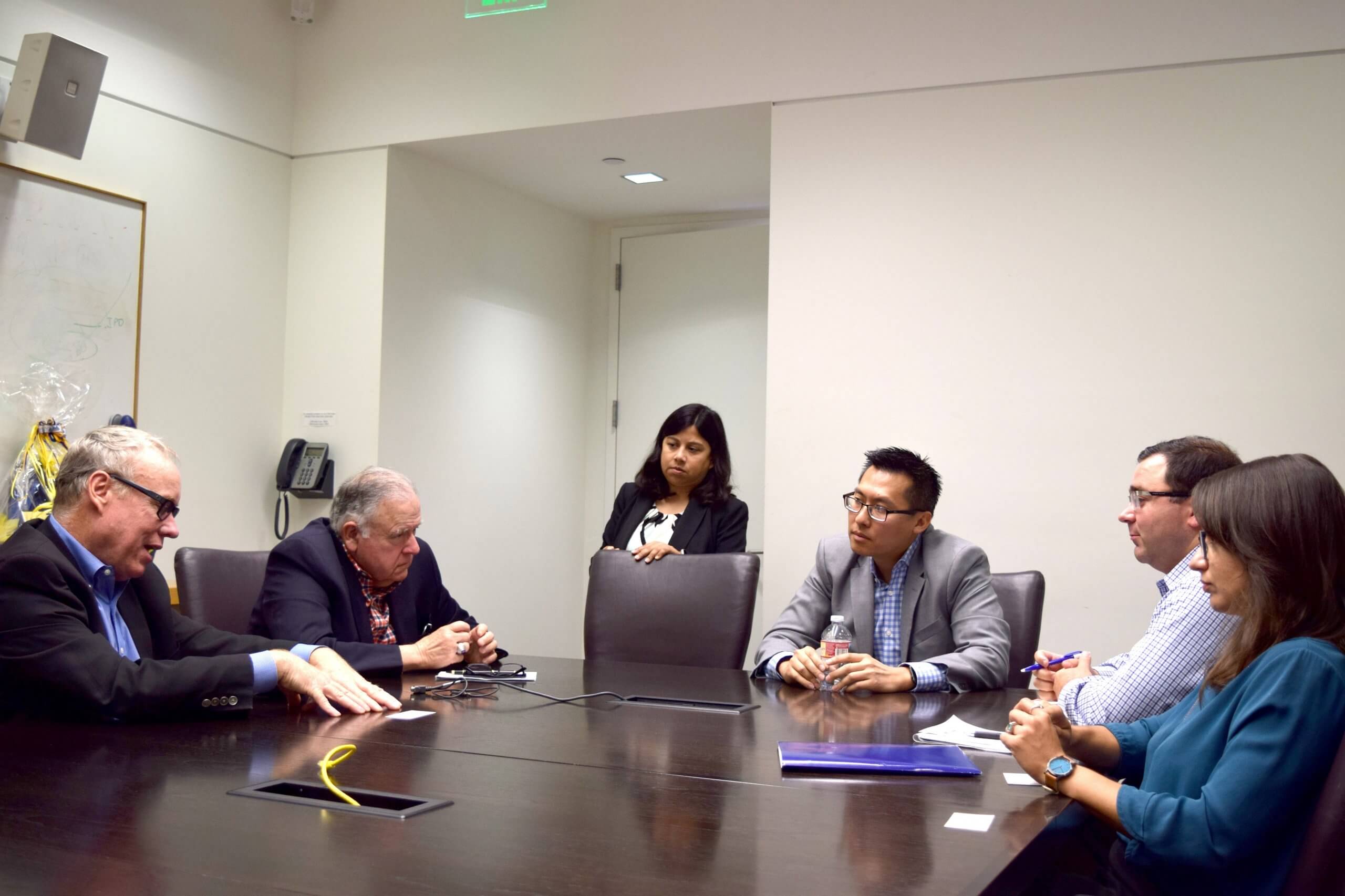
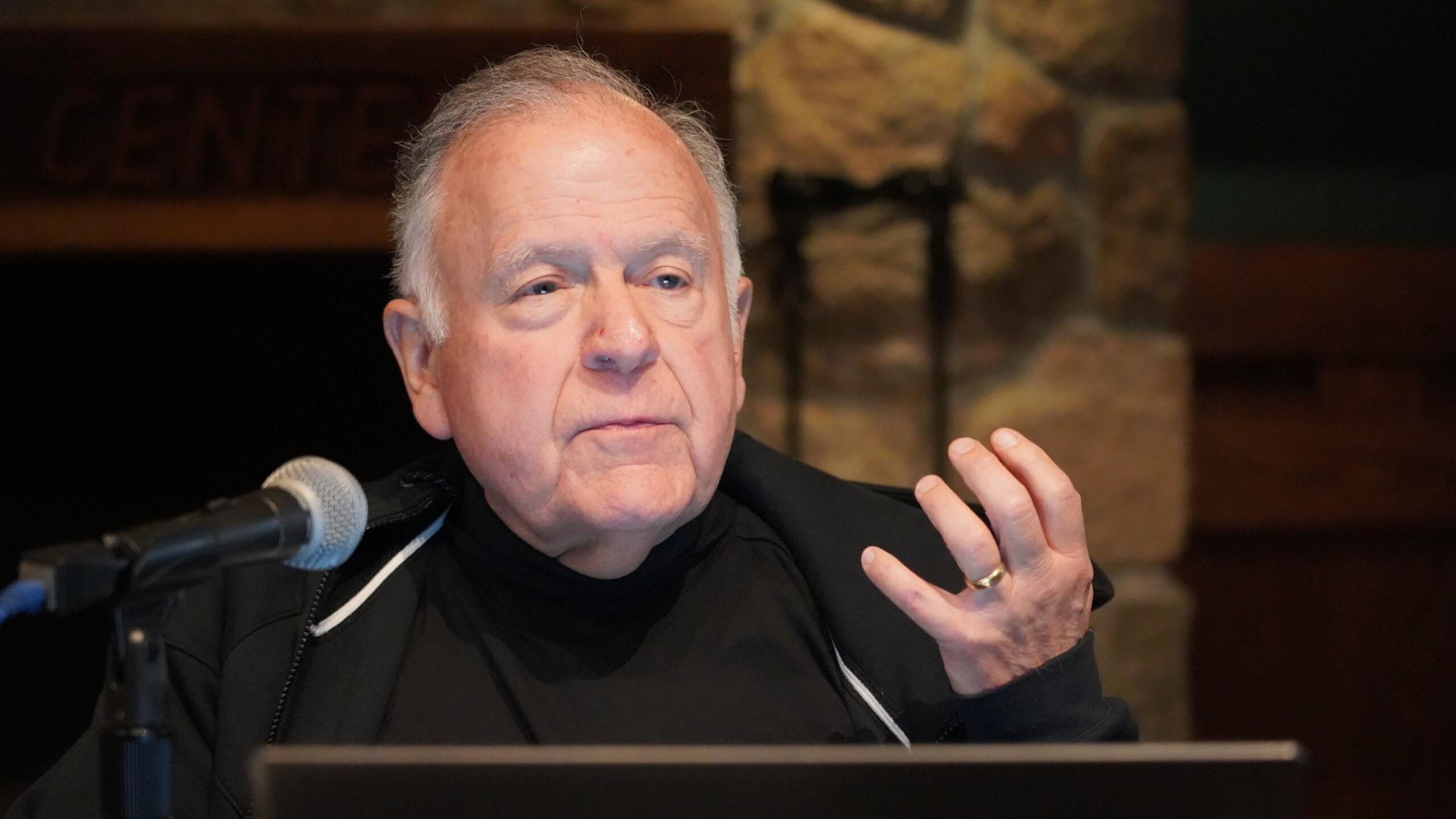
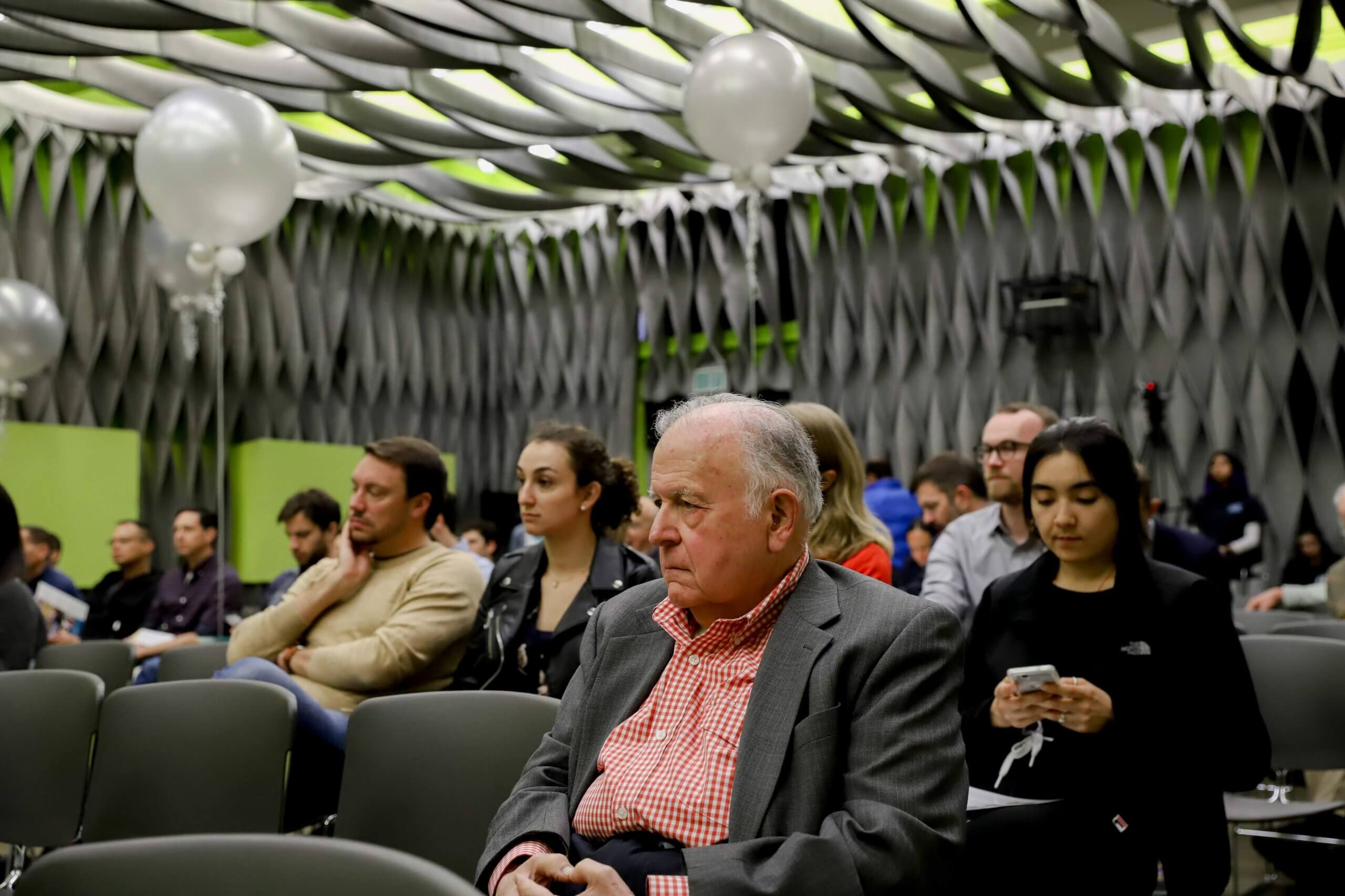
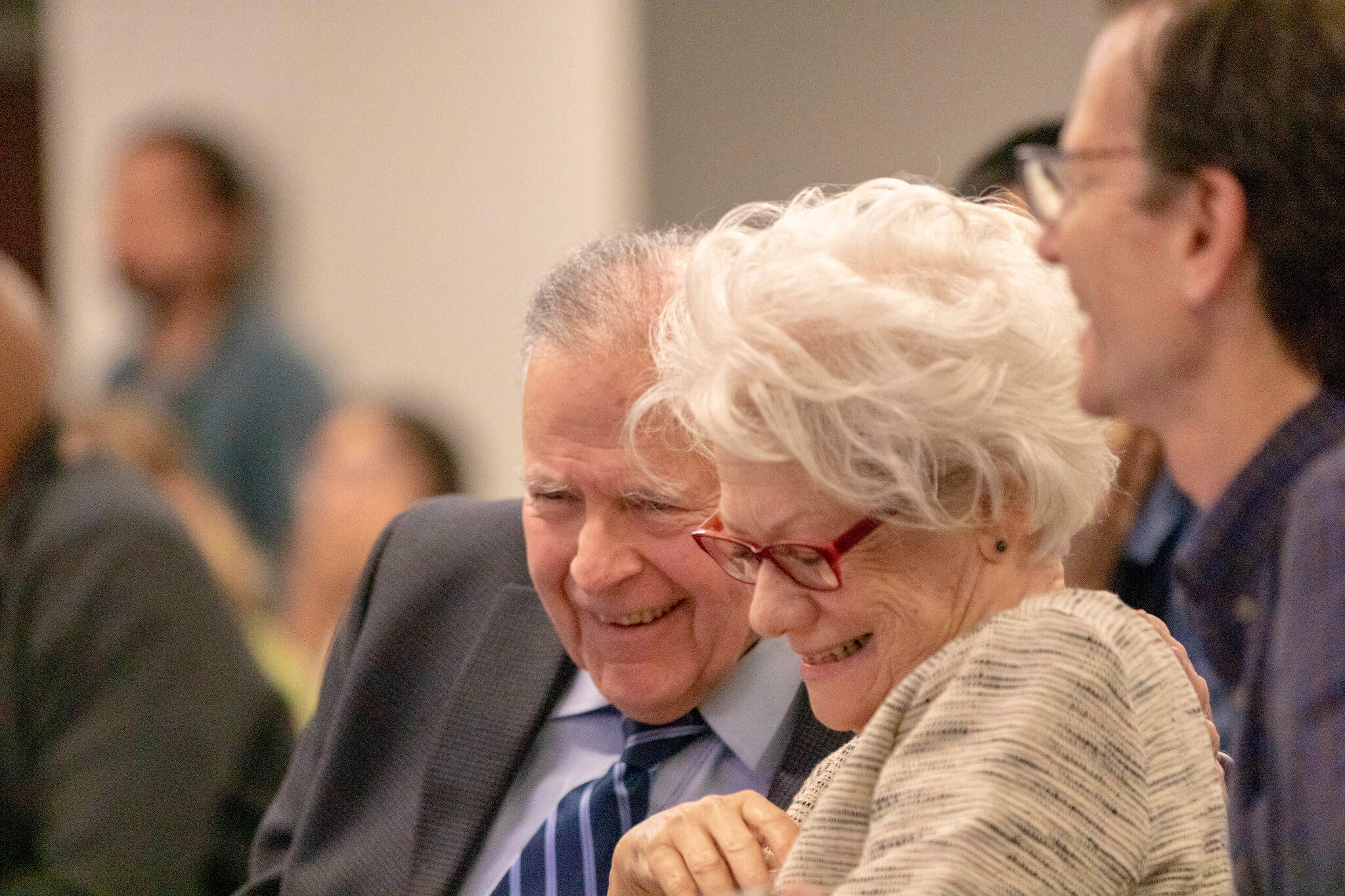
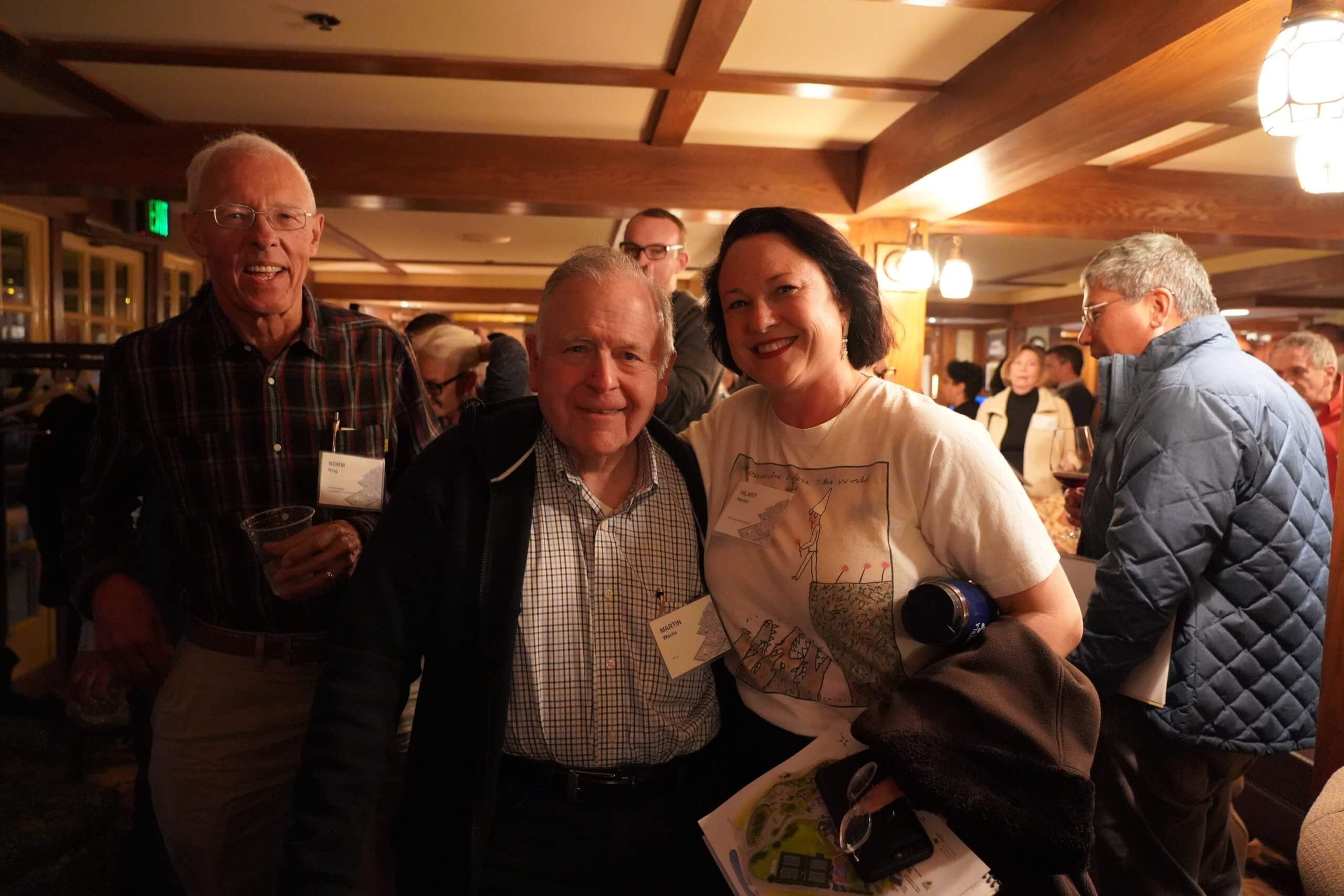
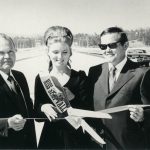



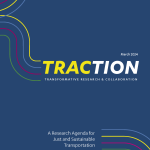
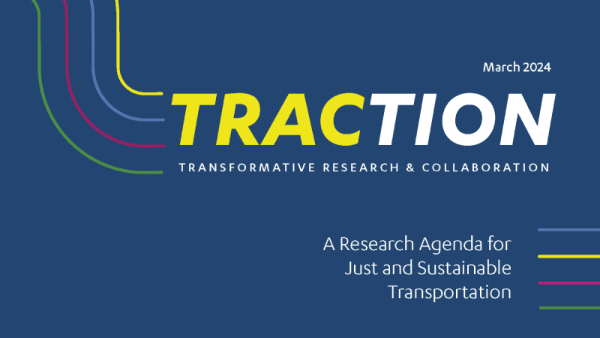
I have been supported by Marty for several years in many aspects. I first met him in 2004 at UC Berkeley. At that time, I was literally a very strange foreigner from Japan, seeking an educational opportunity in California. I audited a series of transportation finance classes without Marty’s permission and decided to ask him for my Ph.D. possibility in planning and policy. I made a meeting appointment by email and knocked on his office door at ITS Berkeley in McLaughlin Hall. Again, I was totally a stranger without any job title and student status, but he gently listened to the reasons why I came to meet him. After knowing my seriousness to pursue Ph.D., he treated me as a course taker more officially and introduced a few relevant professors to me for my Ph.D. study in city and regional planning at Berkeley. So, the day I first met him was one of the most unforgettable pages during my California time — Marty changed my life path dramatically. Even after I moved from California to Asia in 2012, we exchanged emails several times for my career shifts, as well as our personal life changes. He gave me many generous words I needed for keeping my self-confidence. I know that I am nothing but one of many students encouraged by Marty. However, I have always been proud of being one of his students.
Thank you very much for everything, Marty. We will miss you. My sincerest condolences to his family and friends in California.
Marty was the rare academic that could effectively translate his wealth of transportation knowledge to solid advice for state policy makers. I knew Marty through his work on both the High-Speed Rail Peer Review Group and the California Transportation Commission’s Road Charge Technical Advisory Committee. He was very effective in these roles to quietly lead groups toward helpful and impactful recommendations. Aside from the formal committee work, I had the opportunity to informally chat with Marty from time to time, and he was always kind and engaging. He will be missed by his friends in Sacramento, and our thoughts are with his family.
During my one year at UC Berkeley completing the coursework for a Masters in Transportation Engineering, I had the great pleasure of taking two courses with Professor Wachs. I looked forward to each class session with Professor Wachs, knowing I would yet again have my mind engaged and expanded by his teachings. I have used many of the lessons I learned from him in my subsequent career as a transportation planner.
Professor Wachs’ legacy will live on as I and thousands of other transportation professionals apply his lessons to transportation planning now and into the future.
Like so many others here Marty was the first faculty member who welcomed me at Berkeley ITS. The CEE application form asked which faculty we had spoken with and I had no idea how to pull that off; I reached out to Marty over email and to my surprise he offered meeting. More recently he has taken my questions on sales tax expenditure plans and I was privileged to work together with him on the HSR Peer Review Group.
The tributes here reveal the importance of curiosity and creating a sense of belonging in the fields of transportation, public policy, planning, and academia. Thank you Marty, and Helen.
I was a first year MArch student in 1994 and decided to take “Intro to Planning,” which Marty Wachs was teaching that year. He was gregarious, engaging, and inspirational. He encouraged me to venture down the path of a joint MArch/MA Planning degree, a decision that shaped my professional career. I’m forever grateful to Marty. He leaves an amazing legacy. Undoubtedly he changing the face of the Planning profession through the students he taught and inspired. I consider myself lucky to have crossed paths with him. God speed, Marty.
Professor Wachs inspired my career – I was in his inaugural class introducing transportation planning at UCLA in 1971/72. He encouraged me to go to Northwestern University for graduate work and remained a colleague for the remaining almost 50 years.
About ten years ago, Marty discovered an English professor at UCLA who was writing a book on nineteenth-century transportation and Charles Dickens, and he made that person, me, feel completely welcome in the transport community. Marty invited me to present at the history panel of TRB annual meeting, and it was one of my happiest professional memories. Brian continued to extend that warm welcome, and I have often wished I had had more time to become more involved with the community led by such good people. What a leader was Marty! Unpretentious to the core, smart as all-get-out, and always generous: he is missed from the far-out reaches of transportation studies.
Marty was a brilliant transportation scholar–I still remembering read two pieces of his during my first year in graduate school and being completely taken by them–and I can’t count the number of people in our field who have mentioned at one point or another that Marty’s work changed the way they think about some aspect of transportation. But universities have lots of smart people. Marty stood out for his kindness. He was nice to everyone, generous with his time, and always looking for ways to give students and younger scholars the spotlight. He took people seriously, and it meant the world to them. And wow he loved his work. He was “retired” but I suspect his calendar was as full as mine. I emailed with him Saturday and we agreed he’d call this week–after all, on Friday we had a meeting to kick off a new project! That was Marty. His energy and enthusiasm were astonishing. I miss him already.
I met Marty at UC Berkeley in 2001. Over 20 years, we kept in contact. Marty had remembered every single one of his students. I remembered who Marty was as a person and the best teacher I ever had. He was super caring and a compassionate person. He was inclusive, treating everyone equally (including students from overseas and immigrants). He was a great model to me, and to thousands of his students and colleges. I am very sad to see his departure but he is one of the most devoted researchers I have ever met. He exemplified humility and he had so much love for his students and collogues. Before I graduated from school, he literally picked up his phone and called his industry friends in front of me, gave me a dozen business cards, introduced me to consultants. After 2-3 months, I got my first job offer in the US plus many interview opportunities all through his connections and recommendations. Without him, I would not have been able to realized my American Dream. Marty had such a profound impact to my life. I am very thankful to God and am very blessed to have met Marty. I thank Marty for his powerful life, his passion, his teaching, his wisdom, faithful service, sacrifice, care and support for those in needs, the academic community, and our transportation industry.
Marty was a dear, treasured, truly wonderful friend and colleague for the past four decades since I first met him in 1981. He and I shared a special bond in our passionate commitment to equity and social justice in urban transportation, not only in our academic research, but also in our public speaking and active intervention in public policies. For me, it was an honor and blessing to have Marty among my closest colleagues. He helped foster my own career in urban transportation, as well as the careers of so many others. Marty was generous, kind, thoughtful, helpful, considerate, and always thinking of others before himself, a rarity indeed in academics. I am deeply saddened by Marty’s passing, but I also feel deeply grateful for his presence in my life, both professional and personal. His guided tours of Los Angeles gave me an entirely different perspective on LA than I had had before. And all the while, he would tell me the most wonderful, inspiring, unforgettable stories about his life, his family, and his ancestors in Eastern Europe, which was especially meaningful for me, as my own ancestry is Eastern European as well.
Thanks so very much, Marty, for having enriched my life in so many ways. I miss you so much already, and this is just the first day. It will take me a long time to get over your passing. On the other hand, you will remain always alive in our hearts and spirits as our treasured friend and colleague. And every time the Dodgers win a game! I’ve been a Cleveland Indians fan ever since I grew up there in the 1950s, but thanks to Marty, I’ve adopted the Dodgers as my favorite NL team. GO DODGERS! I’ll never forget the time I mistakenly introduced Marty at TRB as a lifelong Yankees fan, and he almost levitated up into the air, protesting: “Nooooooooo! Never! I’ve been a Dodgers fan forever!” Somehow, I feel like Marty will be out there in Dodger Stadium forever rooting for his beloved Dodgers.